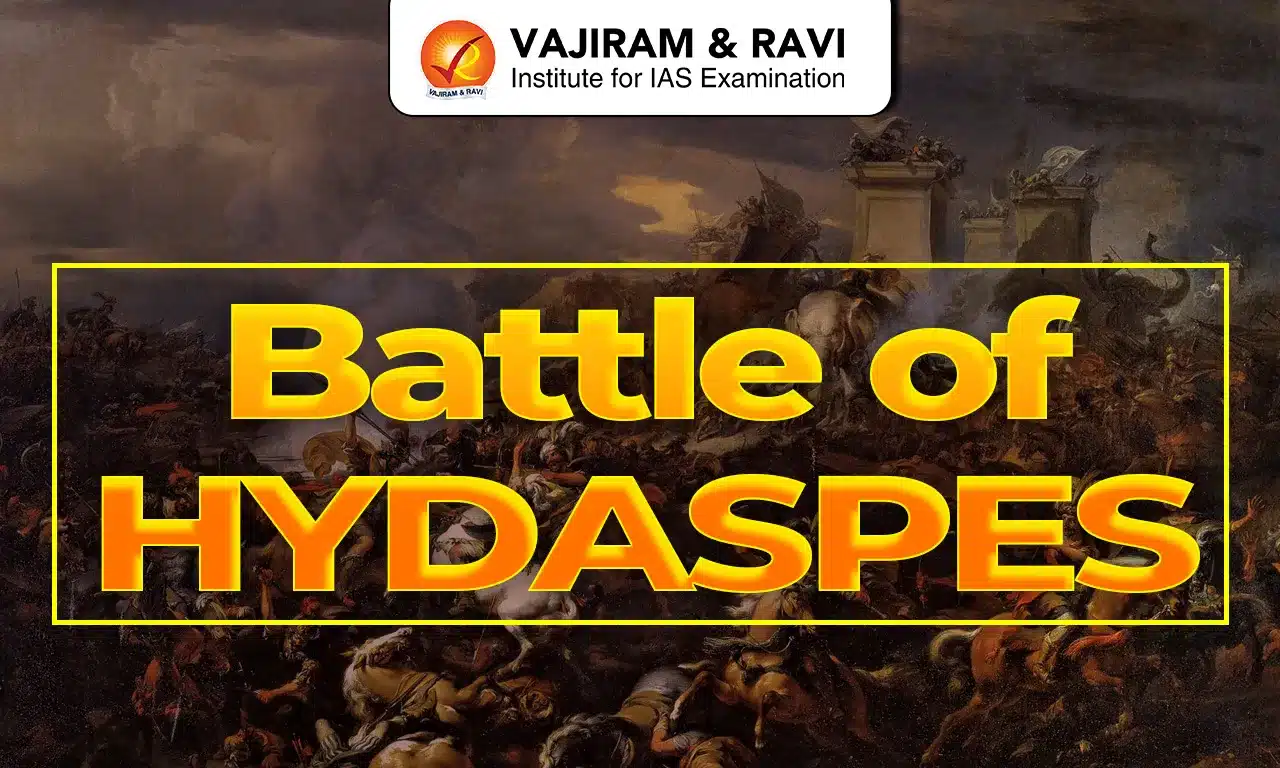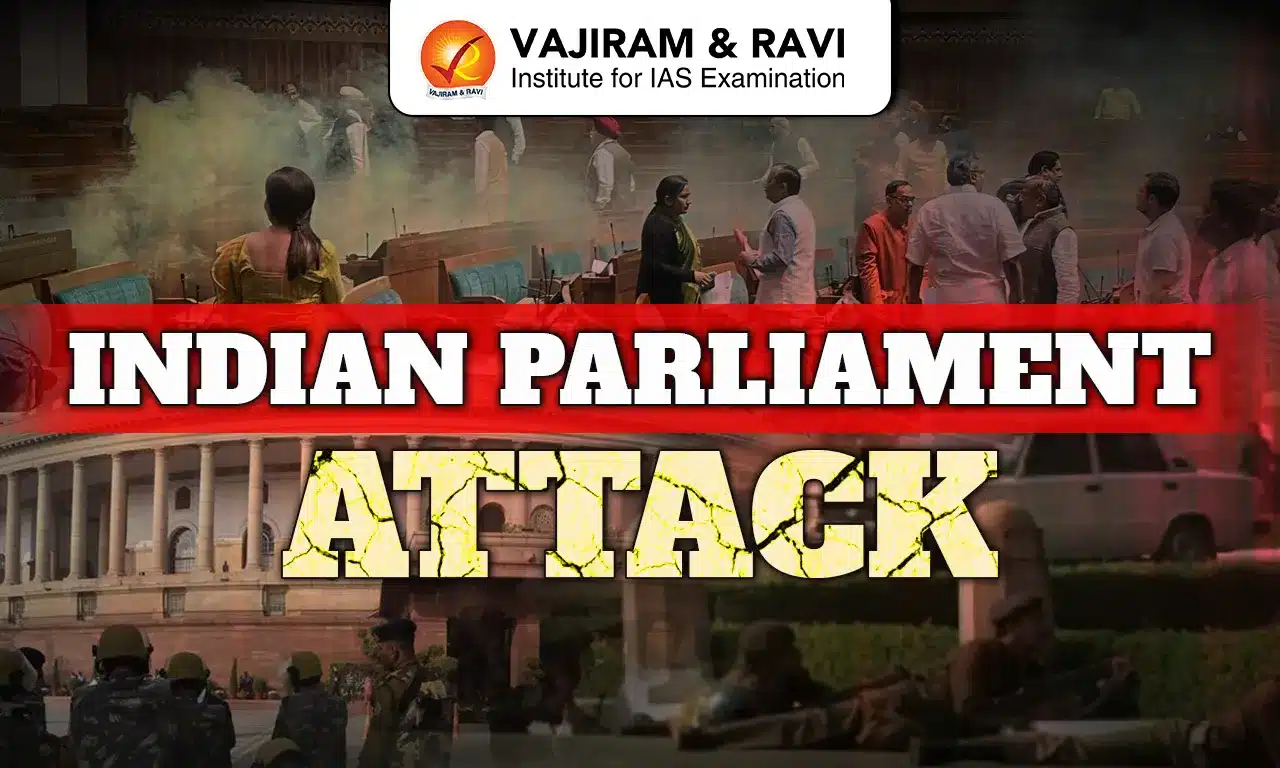Ambedkar Jayanti 2025 is observed on 14 April, as an honour to pay tribute to Dr. Bhimrao Ramji Ambedkar and his efforts to improve the conditions of people in India. The day is celebrated to spread awareness about him and his contributions by the central and state government. In this article, we are going to cover the life of Dr. Ambedkar, his biography and most importantly his contributions.
Ambedkar Jayanti 2025
Dr. B.R.Ambedkar Remembrance Day 2025 is celebrated every year on 14 April to celebrate the birth anniversary of Dr. B.R.Ambedkar, the man who wrote the Constitution of India. Remembered as a social reformer, jurist and social reformer, Dr. Ambedkar spent his life fighting against caste discrimination and promote social justice.
B.R. Ambedkar Birth Anniversary 2025
The 135th birth anniversary of Dr. B.R. Ambedkar, popularly known as Bhim Jayanti, will be observed through official ceremonies and public events across the country. In keeping with tradition, the President, Prime Minister, and other dignitaries are expected to pay tribute at his statue in the Parliament complex.
Educational institutions will conduct debates, essay competitions, and seminars to highlight his pivotal role in drafting the Constitution and advocating for social justice. The Ministry of Social Justice and Empowerment will lead awareness campaigns focused on Dr. Ambedkar’s enduring contributions to constitutional development, education reform, and economic empowerment.
B.R. Ambedkar Biography
Dr. Ambedkar was born in Mhow on 14 April, 1891. He belonged to the Mahar community and faced discrimination from his very early life. He completed his education from Columbia University and London School of Economics. A lawyer, economist and social reformer by profession, he fought for the rights of marginalised communities.
| B.R. Ambedkar Biography | |
|
Ambedkar’s Date of Birth |
April 14, 1891 |
|
Birthplace |
Mhow, Central India Agency, British India (now in Madhya Pradesh). |
|
Title |
The Father of the Indian Constitution, Babasaheb |
|
Family |
14th child of Subedar Ramji Maloji Sakpal and Bhimabai Sakpal. |
|
Education |
M.A., Ph.D., LL.D., D. Litt., D. Sc., Barrister-at-Law. |
|
Career |
Jurist, economist, social reformer, and politician. |
|
Key Positions |
|
|
Political Parties |
|
|
Notable Works |
|
|
Literary Works |
The Annihilation of Caste, The Buddha and His Dhamma, Waiting for A Visa, Ancient Indian Commerce: Commercial Relations of India in the Middle East, The Untouchables: Who Were They and Why They Became Untouchables? |
|
Awards |
Bharat Ratna in 1990 |
|
Death |
December 6, 1956. |
Dr. Ambedkar adopted Buddhism with an aim of spreading the message of dignity and equality. His works in the areas of social issues, law and economics, influenced policies on employment, education and affirmative action.
Dr. B.R. Ambedkar Contributions
Dr. B.R. Ambedkar made foundational contributions to the shaping of modern India across legal, economic, and social domains. His major achievements include:
- Architect of the Indian Constitution: As Chairman of the Drafting Committee, he played a pivotal role in framing a Constitution that enshrined democratic governance, fundamental rights, and social justice.
- Abolition of Untouchability: He was instrumental in the enactment of the Untouchability (Offences) Act, 1955, which outlawed caste-based discrimination and advanced the cause of social equality.
- Advocate of Affirmative Action: Dr. Ambedkar championed reservations in education, employment, and political representation for Scheduled Castes and Scheduled Tribes, laying the foundation for India’s affirmative action framework.
- Pioneer of Labour Reforms: During his tenure as Labour Member of the Viceroy’s Executive Council (1942–1946), he introduced progressive labour laws related to working hours, minimum wages, and maternity benefits.
- Economic Thought Leader: His seminal work The Problem of the Rupee had a lasting influence on India’s monetary policy, emphasizing the need for currency stability and sound economic planning.
- Champion of Women’s Rights: Through his work on the Hindu Code Bill, he sought to secure equal rights for women in marriage, divorce, and inheritance, marking a bold step toward gender justice.
- Social and Spiritual Reformer: In 1956, Dr. Ambedkar embraced Buddhism, initiating the Dalit Buddhist movement. This historic act inspired millions to pursue dignity and liberation beyond caste oppression.
Dr. Ambedkar’s vision continues to inspire movements for equality, justice, and inclusive development in India and beyond
Last updated on December, 2025
→ Check out the latest UPSC Syllabus 2026 here.
→ Join Vajiram & Ravi’s Interview Guidance Programme for expert help to crack your final UPSC stage.
→ UPSC Mains Result 2025 is now out.
→ UPSC Notification 2026 is scheduled to be released on January 14, 2026.
→ UPSC Calendar 2026 is released on 15th May, 2025.
→ The UPSC Vacancy 2025 were released 1129, out of which 979 were for UPSC CSE and remaining 150 are for UPSC IFoS.
→ UPSC Prelims 2026 will be conducted on 24th May, 2026 & UPSC Mains 2026 will be conducted on 21st August 2026.
→ The UPSC Selection Process is of 3 stages-Prelims, Mains and Interview.
→ UPSC Result 2024 is released with latest UPSC Marksheet 2024. Check Now!
→ UPSC Prelims Result 2025 is out now for the CSE held on 25 May 2025.
→ UPSC Toppers List 2024 is released now. Shakti Dubey is UPSC AIR 1 2024 Topper.
→ UPSC Prelims Question Paper 2025 and Unofficial Prelims Answer Key 2025 are available now.
→ UPSC Mains Question Paper 2025 is out for Essay, GS 1, 2, 3 & GS 4.
→ UPSC Mains Indian Language Question Paper 2025 is now out.
→ UPSC Mains Optional Question Paper 2025 is now out.
→ Also check Best IAS Coaching in Delhi
Ambedkar Jayanti 2025 FAQs
Q1. Which is the No. 1 biggest Jayanti in the world?+
Q2. How many years is Dr. B.R. Ambedkar Jayanti?+
Q3. When was Ambedkar born and died?+
Q4. When was Dr. B.R. Ambedkar's death anniversary?+
Q5. What is the original name of Ambedkar?+
Tags: ambedkar jayanti
















